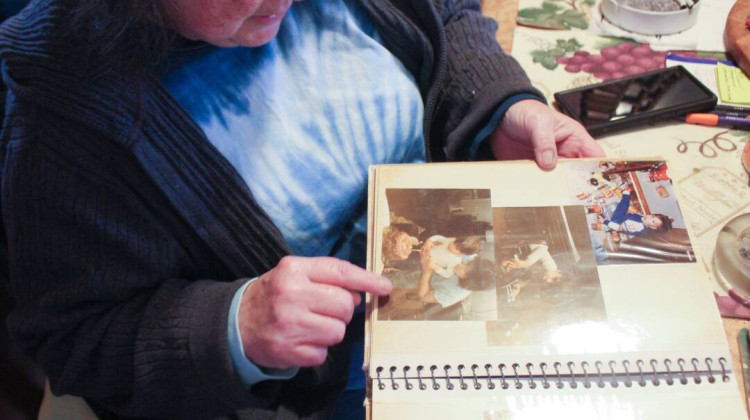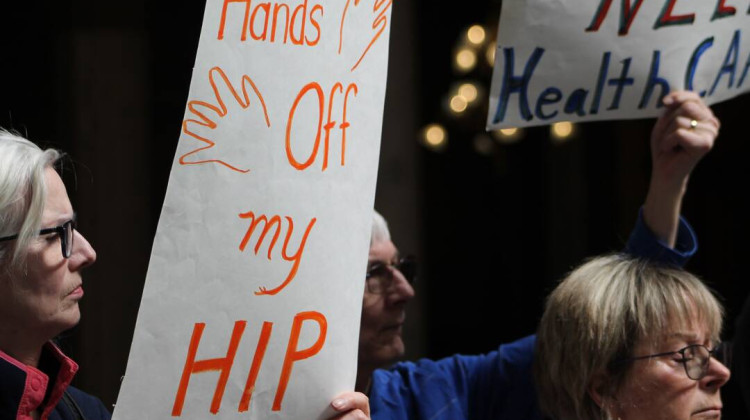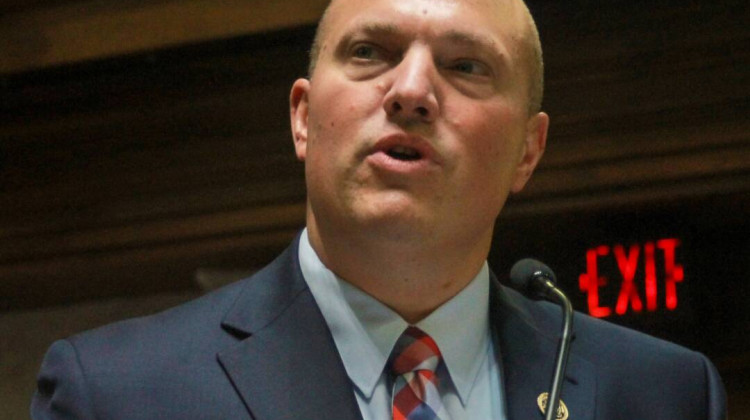There are a lot of things you can do to stop the novel coronavirus from spreading — like staying at home, washing your hands, and disinfecting surfaces in your house. But what can you do to help your community?
Indiana Public Broadcasting compiled this list of 10 ways Hoosiers can help.
Know of an organization in your town that needs supplies, volunteers, or other assistance? Use this form to add it to our regional lists at the bottom of the page. Please note, some of the entries on these lists may not have been vetted by IPB News. It’s always a good idea to research organizations yourself before deciding to donate money or supplies.
How You Can Help:
-
Give blood: Because of blood drive cancellations, the American Red Cross says it’s facing a severe blood shortage. Find out more about how you can donate blood or plasma safely.
-
Offer to deliver groceries or run errands for people who are most at risk — like seniors and those with medical conditions. Several cities have set up mutual aid pages on Facebook where residents can post what they need and other residents can offer to help, like this one for Monroe County. The Washington Post has tips on how to help seniors. You can also find resources for seniors with Alzheimer's at the Alzheimer's Foundation of America's helpline.
-
If you own a business that can share or produce medical supplies, contact the Indiana Economic Development Corporation at covidresponse@iedc.in.gov.
-
Donate surgical masks or N95 respirators to your local hospital or doctor’s office to protect healthcare workers.
-
Sew fabric face masks for yourself and your family — or donate them. In general, the Centers for Disease Control and Prevention says cloth face masks should be used when you go out to places where it’s hard to practice social distancing — like grocery stores and pharmacies. The CDC recommends that healthcare workers use more protective surgical masks or N95 respirators. That being said, some hospitals are running out of these supplies. It’s best to check with your local hospital or doctor’s office to see if they’ll accept fabric masks.
-
Order food from your favorite local restaurant for delivery or alcohol-to-go from places like bars and breweries. The CDC says there’s no evidence to suggest the virus spreads through food and there’s a very low risk of it surviving on packaging. Marketplace has some extra tips on how to keep healthy while eating takeout and delivery.
-
Buy food from local farmers who are no longer able to sell at farmers’ markets. Purdue University has some tips on how to find farmers in your area. Some farmers’ markets are also offering takeout or delivery services, like the Bloomington market.
-
Buy gift cards from small businesses in your area to show support. You can also do this for some restaurants and bars if you’re not keen on ordering delivery.
-
If you’re not a senior or don’t have a medical condition that puts you at a higher risk, stay away from grocery stores and drug stores during senior hours. Often these are early morning hours on certain days of the week. It’s a good idea to call your local store or check online to see if they have these special hours for seniors.
- Donate money to the CDC’s Emergency Response Fund to help the agency respond to the crisis.
To find your region, click through the tabs at the bottom of the document below.
Contact Rebecca at rthiele@iu.edu or follow her on Twitter at @beckythiele.
 DONATE
DONATE








 Support WFYI. We can't do it without you.
Support WFYI. We can't do it without you.